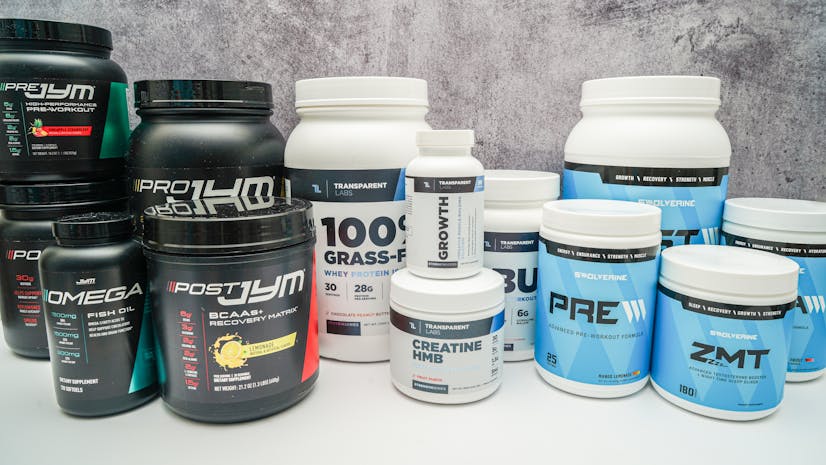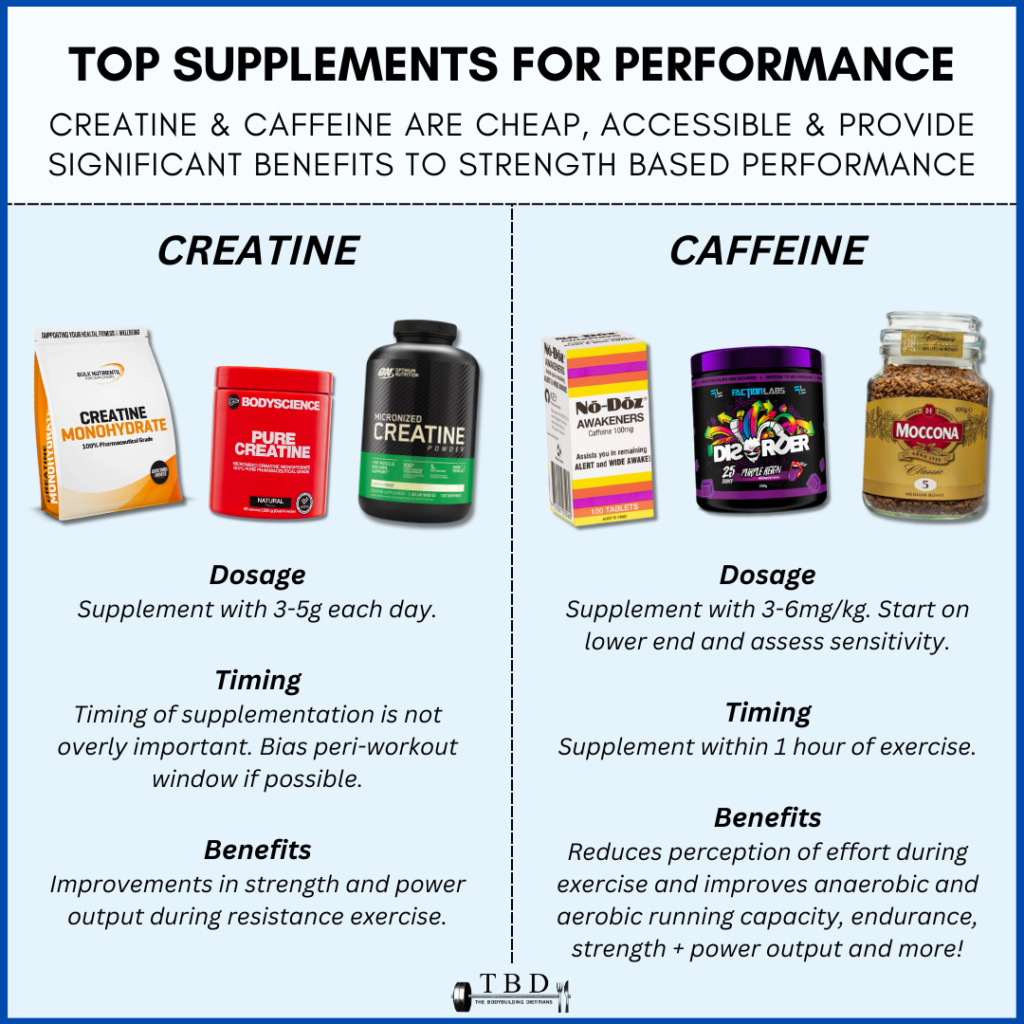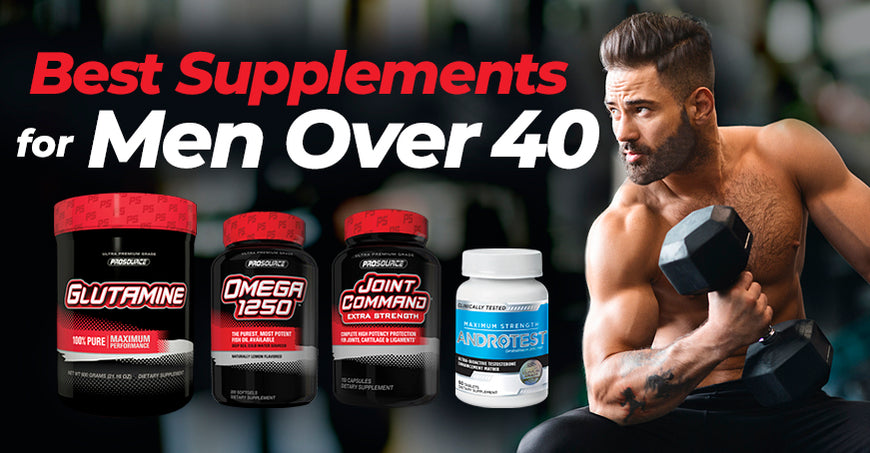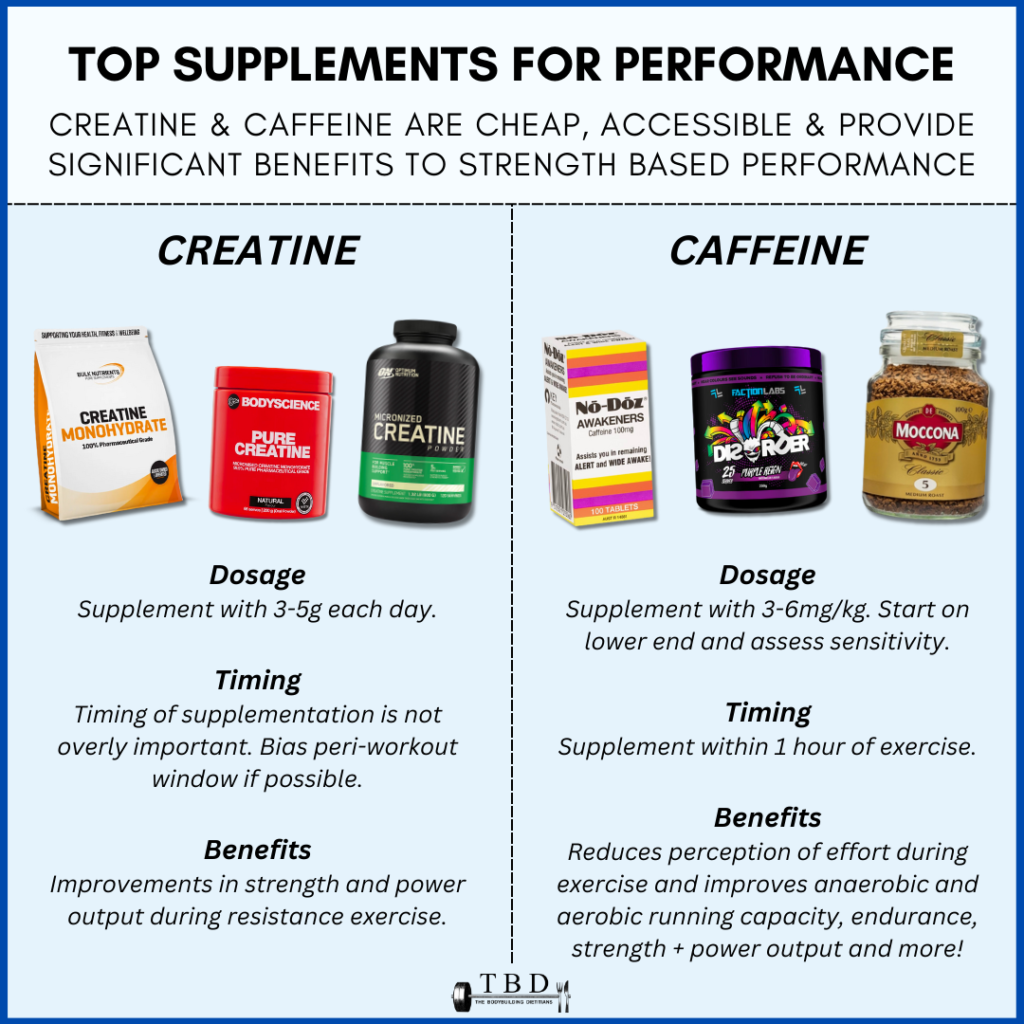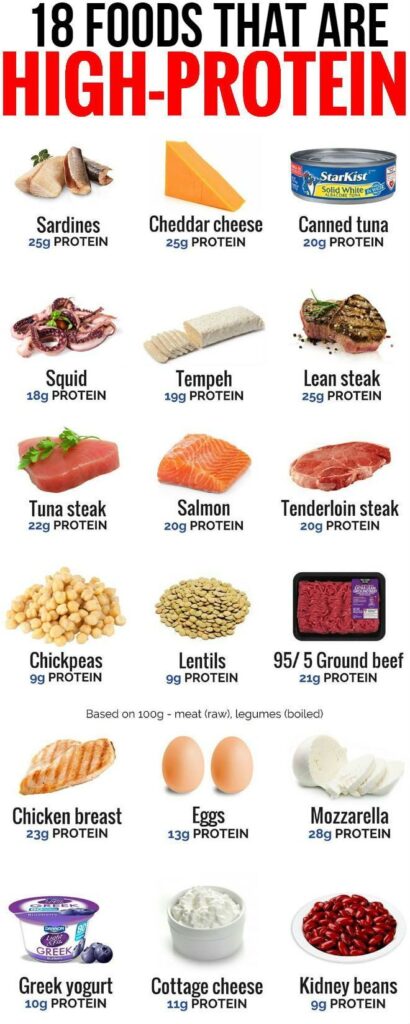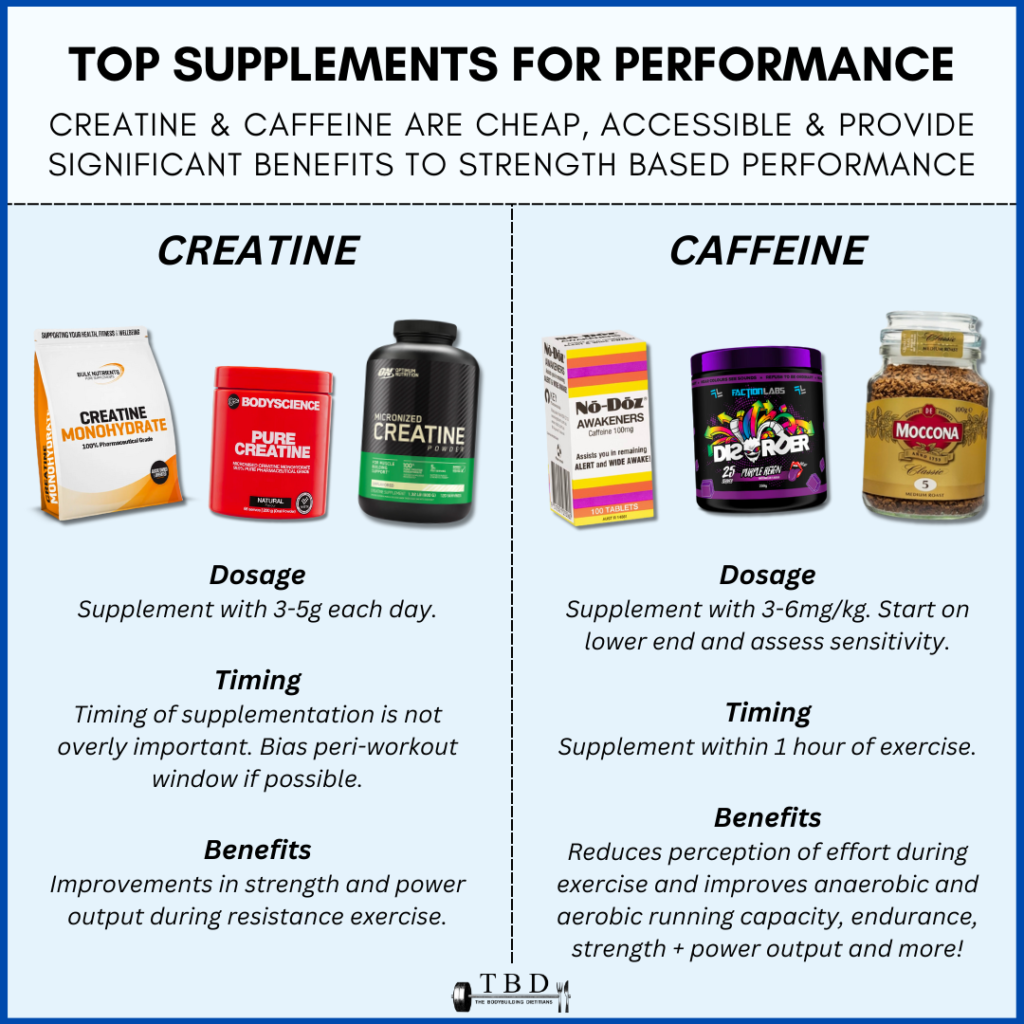Muscle building supplements can be safe if used correctly and purchased from reputable sources. Always consult a healthcare professional before starting any supplement.
Muscle building supplements are popular among athletes and fitness enthusiasts aiming to enhance performance and muscle growth. Common supplements include protein powders, creatine, and branched-chain amino acids (BCAAs). These products can help fill nutritional gaps, support muscle recovery, and improve overall workout results.
It’s crucial to research and choose high-quality supplements to avoid harmful additives or contaminants. Consulting a healthcare provider ensures safety and effectiveness tailored to individual needs. Proper usage, combined with a balanced diet and regular exercise, maximizes benefits while minimizing risks. Always prioritize safety and informed choices in your fitness journey.
Introduction To Muscle Building Supplements
Muscle building supplements are more popular now. Many people use them to get bigger muscles. These supplements promise quick results. They are used by both beginners and experts. People think they are an easy way to get strong. Ads and social media make them look very appealing. They often show before-and-after photos to attract users.
There are many types of muscle building supplements. Some popular ones are protein powders, creatine, and BCAAs. Protein powders help build muscles. Creatine gives you more energy for workouts. BCAAs help in muscle recovery. Other types include pre-workout and post-workout supplements. Each type has a different use. They all aim to help you build muscles faster.
Common Ingredients
Proteins and amino acids are key ingredients in muscle building supplements. Proteins help in repairing and building muscle tissues. Amino acids are the building blocks of proteins. They play a crucial role in muscle recovery. Whey protein and casein are popular protein types. They are easy to digest and absorb. Essential amino acids (EAAs) are also important. They include leucine, isoleucine, and valine.
Creatine helps improve muscle strength and performance. It increases energy levels during workouts. This allows for longer and more intense sessions. Branched-chain amino acids (BCAAs) include leucine, isoleucine, and valine. They help reduce muscle soreness. BCAAs also aid in muscle recovery and growth. Both creatine and BCAAs are safe when used correctly.
Potential Benefits
Muscle building supplements can help you gain muscle mass. Protein powders are popular for this reason. They provide the body with extra protein. This protein aids muscle growth. Creatine is another common supplement. It enhances muscle cells and boosts energy. Both help you build muscles faster.
Supplements can improve your performance in the gym. Pre-workout formulas often contain caffeine. This gives you more energy for your workouts. Beta-Alanine is also used. It reduces fatigue and allows you to train longer. These supplements help you push harder and achieve better results.

Credit: www.sciencedirect.com
Safety Concerns
Many muscle building supplements may have contaminants. These are unwanted substances. Some supplements might also have adulterants. These are added without telling the buyer. Both contaminants and adulterants can be harmful. They might cause health problems. Always check for trusted brands. Look for certified products.
Using supplements for a long time can lead to health risks. Some people might get liver damage. Others might face kidney issues. Heart problems can also happen. Always talk to a doctor before using supplements. Do not use more than the recommended amount.
Scientific Evidence
Scientific evidence shows that muscle-building supplements can be safe if used correctly. Consulting healthcare professionals ensures proper usage and minimizes risks.
Clinical Studies
Many clinical studies examine muscle building supplements. Some studies show positive results. Others show no significant changes. Supplements like creatine and protein powders are often tested. These studies help understand the effects on muscle growth. Safety is also a key focus of these studies.
Expert Opinions
Many experts discuss muscle building supplements. Some support their use. Others are more cautious. Nutritionists and doctors often share their views. They look at both benefits and risks. Their opinions can guide safe usage. Experts help people make informed choices.
Regulatory Landscape
Navigating the safety of muscle-building supplements involves understanding the current regulatory landscape. Diverse regulations affect the market, ensuring product safety varies by region.
Fda Guidelines
The FDA monitors muscle building supplements. They ensure these products are safe. Manufacturers must follow strict rules. They must list all ingredients. Any adverse effects must be reported. The FDA can recall unsafe products. They can also issue warnings. The goal is to keep consumers safe.
Global Regulations
Different countries have their own rules. Europe has the European Food Safety Authority. They check the safety of supplements. Australia follows guidelines by the Therapeutic Goods Administration. Canada has the Natural Health Products Regulations. These agencies work to protect public health. Each has unique requirements for safety and labeling. This ensures that consumers are well-informed.
Choosing Safe Supplements
Third-party testing means an independent lab checks the supplement. This ensures it is pure and safe. Look for a seal of approval on the bottle. This shows the product was tested. Trustworthy brands always use third-party testing. This helps keep you safe.
Reading labels is very important. Look for ingredients you recognize. Avoid products with too many chemicals. Check for dosage instructions. Follow them carefully. Look for warnings and allergies. Choose supplements with clear labels. This helps you stay healthy and safe.

Credit: www.amazon.com
Alternatives To Supplements
Natural foods can be great for muscle building. Chicken, fish, and eggs are rich in protein. Nuts and seeds offer healthy fats and proteins. Beans and lentils provide plant-based protein. Greek yogurt has more protein than regular yogurt. Quinoa is a complete protein with all nine essential amino acids. Leafy greens like spinach are packed with iron.
Regular exercise is key for building muscles. Strength training should be part of your routine. Sleep is crucial for muscle recovery. Aim for at least 7-8 hours each night. Stay hydrated by drinking plenty of water. Stress management is also important. High stress can harm muscle growth. Balanced meals are essential. A mix of protein, carbs, and fats is best. Avoid junk food and sugary drinks.

Credit: www.amazon.com
Frequently Asked Questions
Are Muscle Building Supplements Safe?
Muscle building supplements can be safe when used correctly. Always consult a healthcare professional before starting. Choose products from reputable brands. Read labels and follow dosage instructions.
What Are The Risks Of Muscle Supplements?
Risks can include liver damage, kidney issues, and heart problems. Overuse and poor-quality products increase risks. Always follow recommended dosages.
Do Muscle Supplements Have Side Effects?
Yes, muscle supplements can have side effects. Common ones include digestive issues, headaches, and sleep disturbances. Always consult a doctor.
Can Teenagers Use Muscle Supplements?
Teenagers should avoid muscle supplements. Their bodies are still developing. Instead, focus on a balanced diet and proper exercise.
Conclusion
Understanding the safety of muscle-building supplements is crucial. Always consult with healthcare professionals before starting any supplement. Research products thoroughly and choose reputable brands. Remember, supplements should complement a balanced diet and exercise. Prioritize safety and informed decisions for optimal muscle growth and health.


